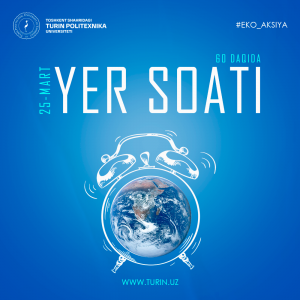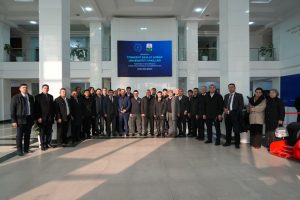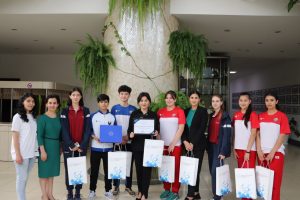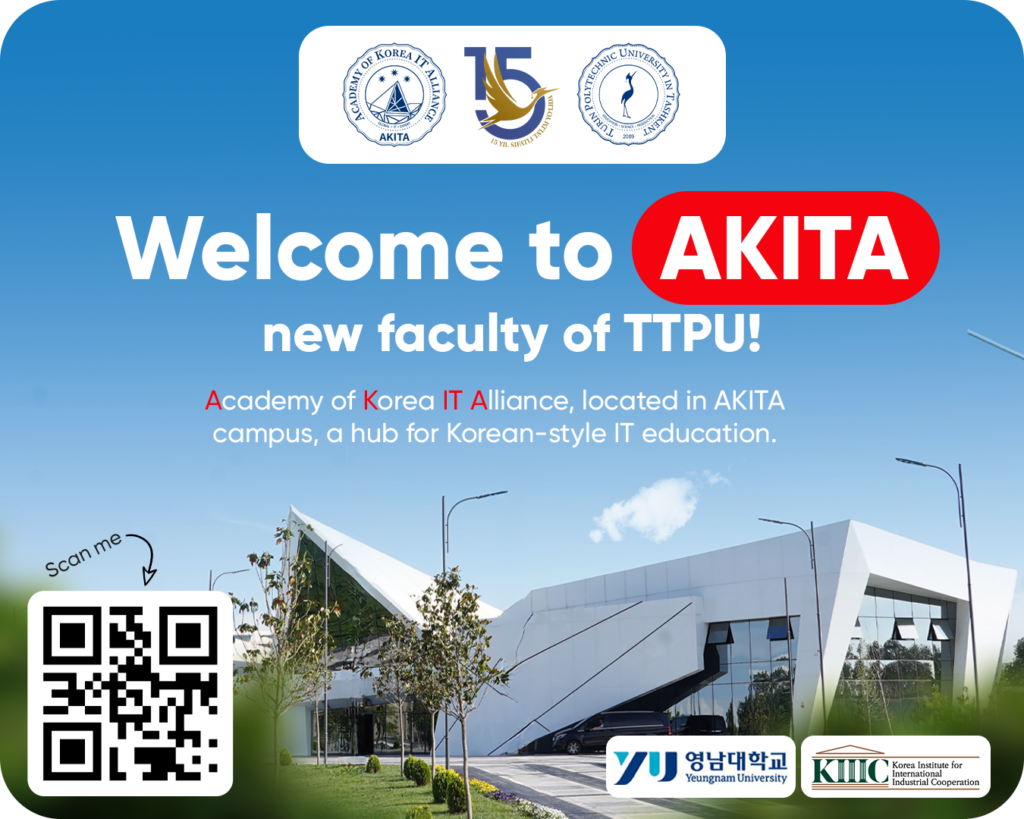
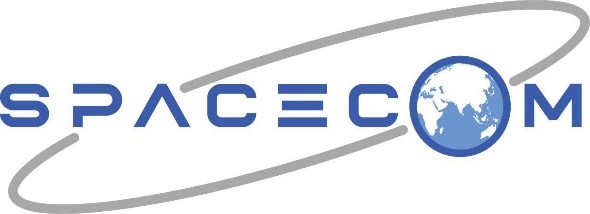
Overview
The master program will cover the interdisciplinary approach to learn how to design and operate any modern communication system, including satellite and radio links, fiber optic networks, computer networks, wireless networks and how to process an information: signals, images and videos.
Curriculum of the master program was developed in the framework of SPACECOM Erasmus+ project (www.spacecom.uz) which creates the innovative teaching and learning environment for education of high skilled specialists in line with labor market and according to EU best practices and Bologna process.
Program Offer
The main goal of the Master of Science (MSc/MEng) programs is to provide graduate students with advanced education and training for highly qualified professions in data analysis and communication technology field. In this program, students will learn main aspects and skills in the field of analysis of big data, use and develop of communication technologies. Gained skills through the program gave an opportunity to apply by graduates further research or job in the area of:
- Aerospace communications;
- Mobile and cellular communications;
- Connected cars and autonomous driving;
- Data centers;
- Satellite communications;
- Environmental data analysis;
- Multimedia processing and machine learning;
- Telecommunication and computer networks and
- and etc.
The Master Course’s teaching methodology is incorporated into the general structure of the course and enables students to continue their education for PhD study programs either in European, national or international institutions.
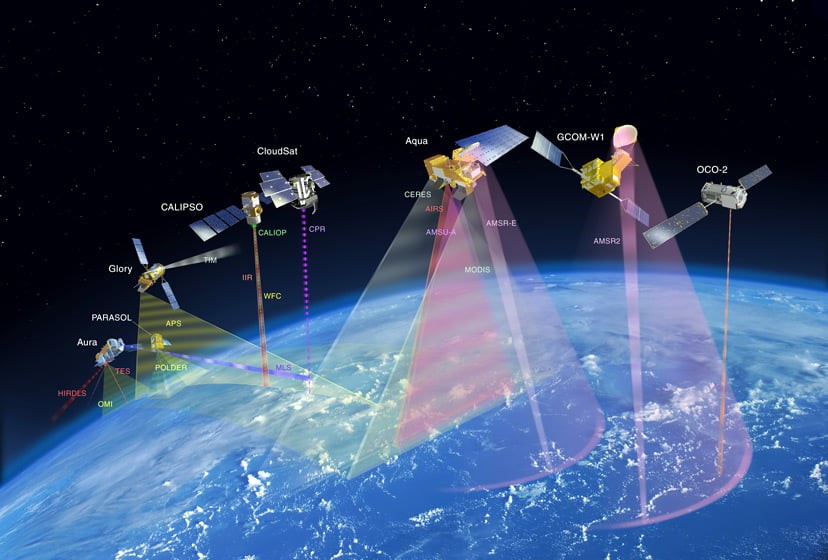
Course Activities
The two-year Master Course is divided into four semesters (two years). The overall number of 120 ECTS credits is assigned for Master Course and is divided into 30 ECTS per semester (60 ECTS per year). The number of credits per subject is in general 6 ECTS as in many European countries. See the curriculum of the master course.
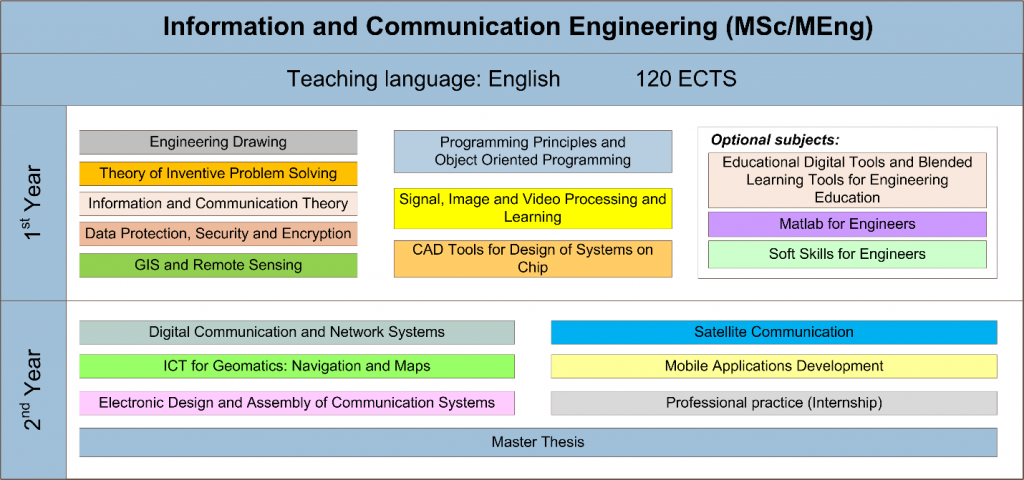
First-year students are provided with theoretical backgrounds on different disciplines with basic training to learn the use of software and tools.
Second-year students are involved in the analysis and data collection from specific case studies where they can elaborate the idea for the final thesis.
The 4th semester is comprised with the research (laboratory or professional practice), oriented Master’s thesis writing and submission (research-based learning) of total 30 ECTS.


Starting from 2024-2025 academic year
Program duration: 2 years, full time
Language: English
The tuition fee: 21,900,000 (twenty-one million nine hundred thousand) UZB sums for 1 year (Two semester).




